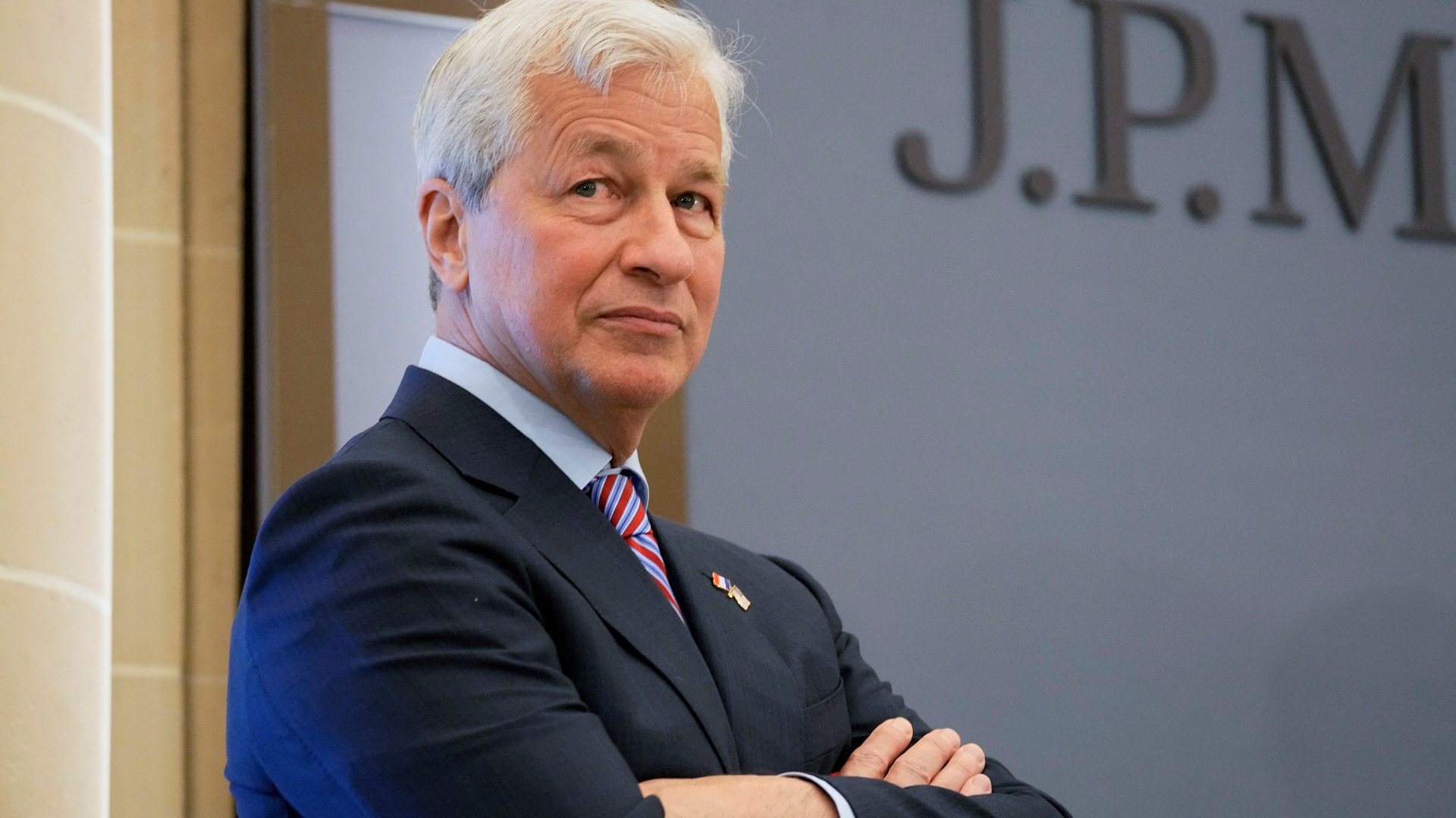Jamie Dimon says he no longer uses the word “cryptocurrency”
Jamie Dimon, the CEO of JPMorgan Chase, has made his contempt for cryptocurrency clear, calling it “worthless” during the great crypto boom in October 2021. But now, he says, he has stopped even calling them “currencies.”


Jamie Dimon, the CEO of JPMorgan Chase, has made his contempt for cryptocurrency clear, calling it “worthless” during the great crypto boom in October 2021. But now, he says, he has stopped even calling them “currencies.”
“Currencies have rules of law behind them, central banks and tax authorities,” Dimon said in an interview with the Greek news outlet Ekathimerini. “I call them crypto-tokens.”
Strictly speaking, Dimon is only partly correct. In economic theory, the kind of currency he means—backed by governments and their agencies—is often called “fiat money.” But before there was fiat money, there was currency as a broadly agreed medium of exchange: Cowrie shells, for instance, were once used as currency so widely across India, China, and Africa that the modern Ghanaian currency, the cedi, comes from the local word for “cowrie shell.”
Currencies don’t necessarily need to be backed by central banks to function as a medium of exchange; in fact, the champions of crypto say that the value of cryptocurrency lies precisely in that lack of centralized control.
How cryptocurrency fails as currency
Where Dimon has a point, though, is in the other two functions of currencies: to facilitate exchange for goods and services, and to store value. Bitcoin may buy you a coffee in El Salvador, and ethereum may buy you an NFT listing on OpenSea, but such use cases are still rare. The main thing crypto can be exchanged for is fiat currency.
And while cryptocurrencies do store value, they do it less reliably than the dollar or other fiat currencies. The price of bitcoin fell 46% between November 2021 and January 2022. If a fiat currency was ever that volatile, its users would be in severe trouble.
To that end, Dimon also claimed he didn’t understand crypto assets and suggested other people don’t either: “You’ve seen that, in the last couple of months, they have lost half their value in the US market,” he added.
When Dimon calls cryptocurrencies “tokens,” he is casting them as specific kinds of tradable or fungible assets with limited utility. Crypto-enthusiasts think of tokens as a subset of all cryptocurrency. Dimon is telling them that cryptocurrency is already much narrower and more limited than they’d like to believe.